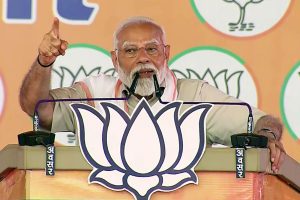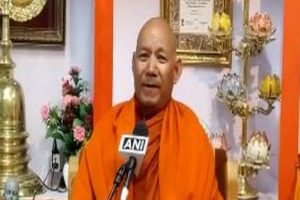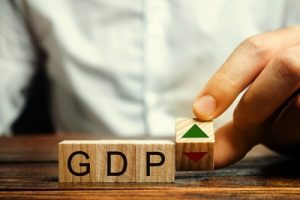Ferdinand Marcos Jr, the son and namesake of the late dictator of the Philippines, has been sworn in as the country’s new President. Thursday’s inaugural signifies a political comeback for one of Asia’s prominent political dynasties, 36 years after the elder Marcos was toppled and forced into exile after a popular uprising. Known as ‘Bongbong” the 64-year-old Marcos junior won a rare landslide victory in last month’s presidential election. He was reportedly helped by what critics have said was a years long campaign to whitewash his family’s image. He succeeds Rodrigo Duterte, who had gained international notoriety for his deadly drug war.
The new President, in a presentation that echoed his campaign slogans of unity, promised to take the country far on his watch with policies benefiting everyone. He has thanked the electorate for delivering what he called “the biggest electoral mandate in the history of the Philippine democracy”. He also praised his late father’s rule, but hastened to add that his presidency was not about the past, but a better future. “I once knew a man who saw what little had been achieved since independence, but he got it done some times with the needed support, sometimes without. So will it be with his son. You will get no excuses from me.”
The late Marcos ruled the Philippines for two decades from 1965, until his overthrow and his family’s retreat into exile during the 1986 People’s Power Revolution. Thousands of Marcos opponents were jailed, killed or disappeared during his rule. The family’s name became synonymous with cronyism, extravagance and the disappearance of billions of dollars from the state coffers. The Marcos family has rejected accusations of embezzlement. Activists and survivors of the martial law era under his father protested against Marcos Jr’s inaugural, which took place at a noon ceremony on the steps of the National Museum in Manila.
The new administration is expected to countenance a tough road ahead. The country is contending with its worst economic setback in decades, almost reminiscent of the current crisis in Sri Lanka. Additionally, society is deeply polarized, with education and the public health system in a shambles. Voters are counting on the former Senator and Congressman, who campaigned on the slogan ~ “together we shall rise again” ~ to deliver on pledges to create jobs and bring down consumer prices in a country of 110 million people, nearly a quarter of whom live on less than $2 a day.
Marcos Jr, who has appointed himself as the agriculture minister, has pledged to improve food sufficiency, infrastructure, waste management and energy supply, and give full support to millions of overseas Filipino workers. The new President has spelt out his economic agenda. The grandstanding in Manila to mark the new President’s inauguration comes days after a last-ditch attempt by activists to thwart him came a cropper when the Supreme Court dismissed petitions seeking to disqualify him for tax offences decades ago. The new President’s opponents fear that he could use his victory to entrench himself in power.











